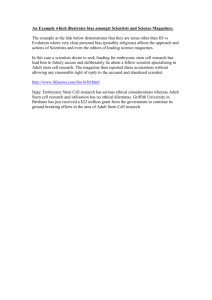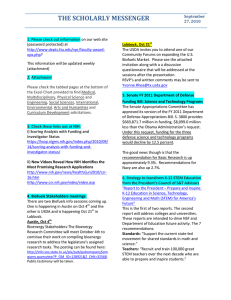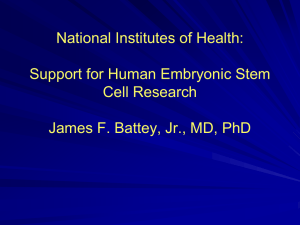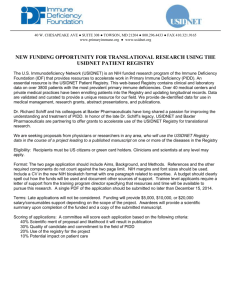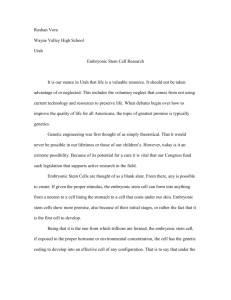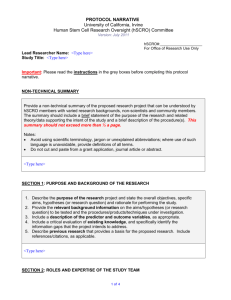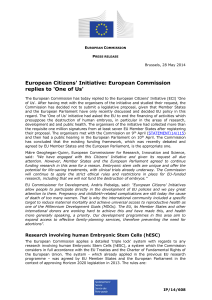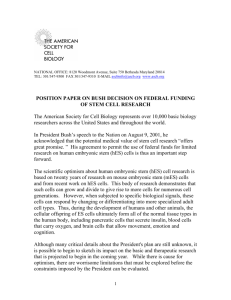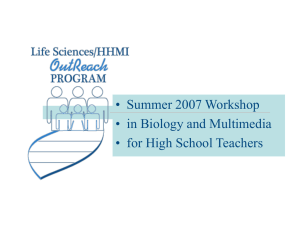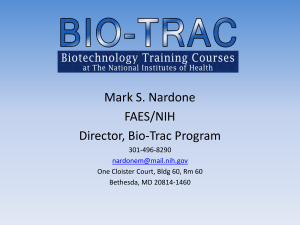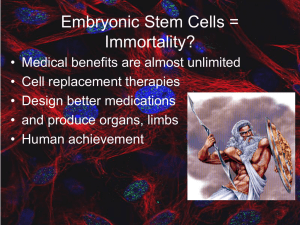NIH approves 27 more stem cell lines As published in the December
advertisement
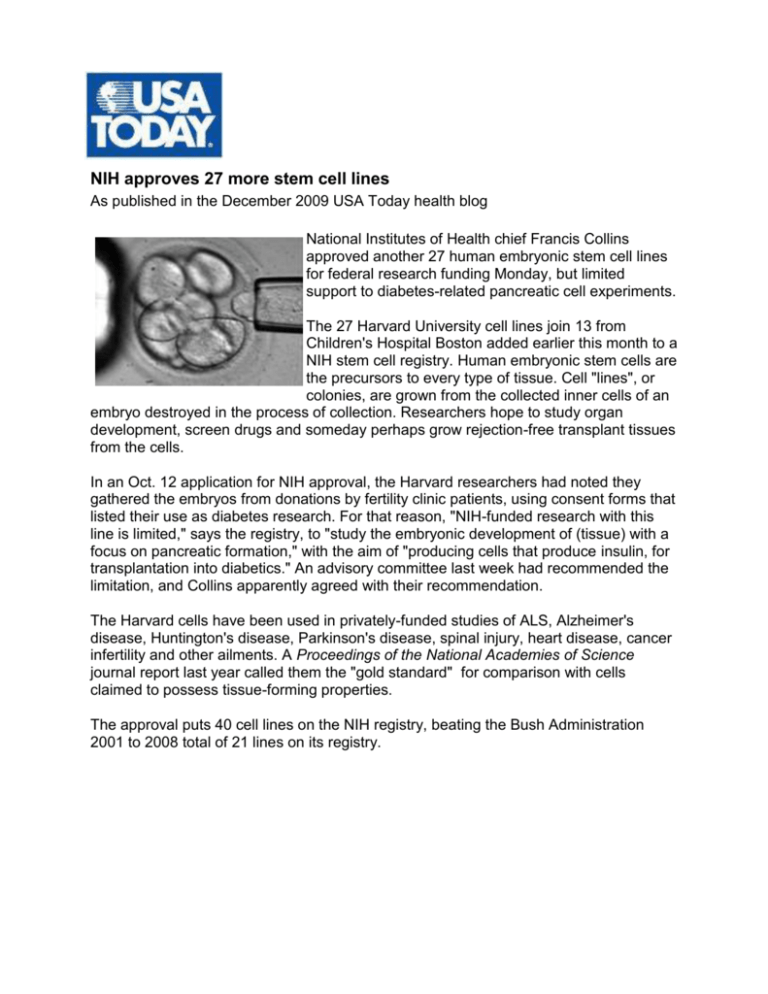
NIH approves 27 more stem cell lines As published in the December 2009 USA Today health blog National Institutes of Health chief Francis Collins approved another 27 human embryonic stem cell lines for federal research funding Monday, but limited support to diabetes-related pancreatic cell experiments. The 27 Harvard University cell lines join 13 from Children's Hospital Boston added earlier this month to a NIH stem cell registry. Human embryonic stem cells are the precursors to every type of tissue. Cell "lines", or colonies, are grown from the collected inner cells of an embryo destroyed in the process of collection. Researchers hope to study organ development, screen drugs and someday perhaps grow rejection-free transplant tissues from the cells. In an Oct. 12 application for NIH approval, the Harvard researchers had noted they gathered the embryos from donations by fertility clinic patients, using consent forms that listed their use as diabetes research. For that reason, "NIH-funded research with this line is limited," says the registry, to "study the embryonic development of (tissue) with a focus on pancreatic formation," with the aim of "producing cells that produce insulin, for transplantation into diabetics." An advisory committee last week had recommended the limitation, and Collins apparently agreed with their recommendation. The Harvard cells have been used in privately-funded studies of ALS, Alzheimer's disease, Huntington's disease, Parkinson's disease, spinal injury, heart disease, cancer infertility and other ailments. A Proceedings of the National Academies of Science journal report last year called them the "gold standard" for comparison with cells claimed to possess tissue-forming properties. The approval puts 40 cell lines on the NIH registry, beating the Bush Administration 2001 to 2008 total of 21 lines on its registry.
